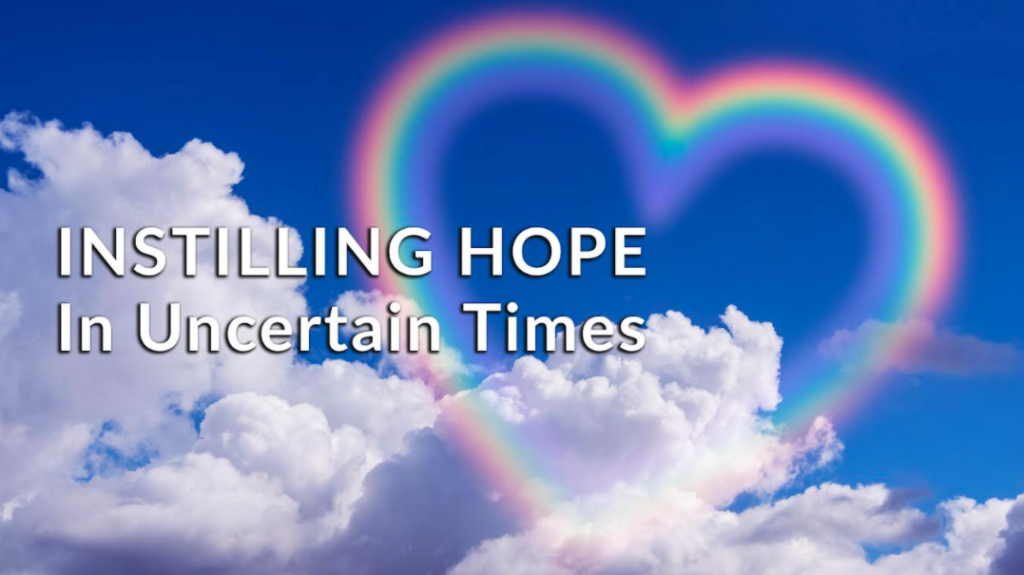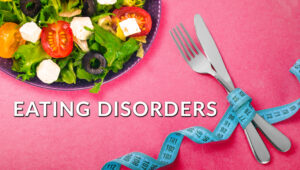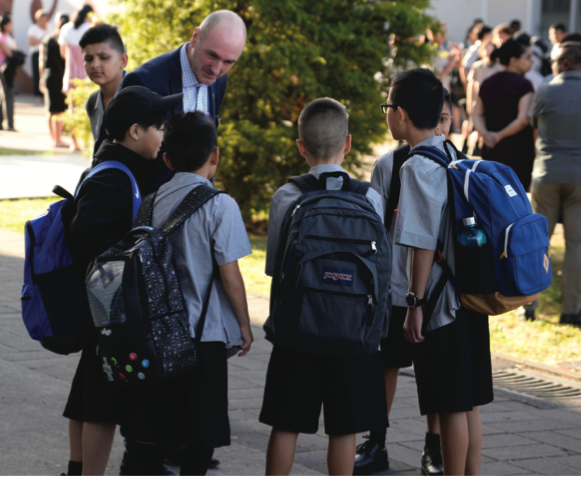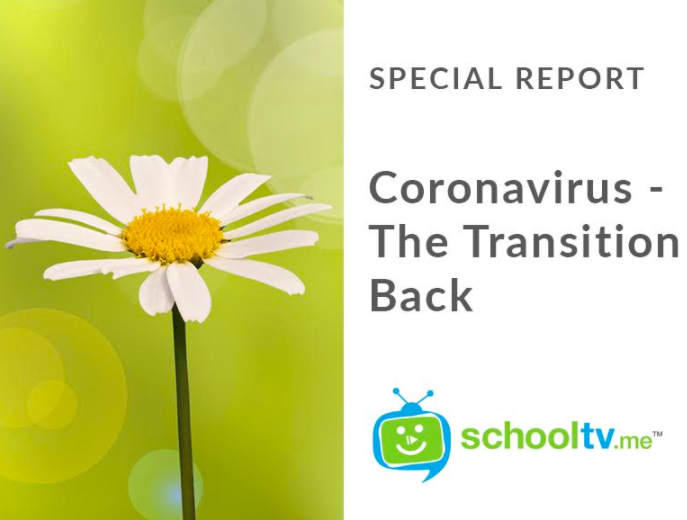Wellbeing is vital for students to grow their greatness.
Student wellbeing is strongly linked to learning. A student’s level of wellbeing at school is indicated by their satisfaction with life at school, their engagement with learning and their social-emotional behaviour. It is enhanced when evidence-informed practices are adopted by schools in partnership with families and community. Optimal student wellbeing is a sustainable state, characterised by predominantly positive feelings and attitude, positive relationships at school, resilience, self-optimism and a high level of satisfaction with learning experiences. (Noble, T. & Wyatt, T. (2008) Scoping study into approaches to student wellbeing. Final Report. Canberra. Department of Education, Employment and Workplace Relations. p30.)
ERO Wellbeing for Success
The MHJC Core Values promote wellbeing of all our learners as we embrace effective practices to promote wellbeing and respond to students’ needs.
As part of our Strategic Plan, MHJC has developed a strong Student Support Network that includes:
- Special Education Needs Coordinator
- Counsellors
- Gifted and Talented Education Coordinator
- Pasifika Coordinator
- Māori Coordinator
This network supports our DPs in Whānau whose primary responsibility is the wellbeing of our students.
What is Counselling?
Counselling in a school setting provides students with an opportunity to explore difficulties and concerns and empowers them to make informed decisions.
Our counsellors are professionally trained and are members of NZAC. They work according to the NZAC Code of Ethics, are trustworthy and respect individual student’s confidentiality.
Our aim is to support students to achieve their personal best academically, emotionally and socially by supporting them to discover alternative choices and perspectives to develop a clear sense of their own identity and well-being.
Offering a safe space where you are treated with respect, we are non-judgmental and genuinely care for individuals, their whanau and the wider community.
A counsellor can help with
- Processing difficult emotions and experiences
- Improve self worth and confidence
- Help people to consider different ways to look at their concern
Why do people seek counselling?
People can seek help for a wide range of things such as:
- Stress and Anxiety
- Bullying
- Family or friendship concerns
- Trauma
- Depression
- Grief and loss
Make an Appointment with the Counsellor
(If you are concerned about one of your peers)
Parent/Caregiver Referral Form
All information you submit will remain PRIVATE and CONFIDENTIAL to our counsellors.
Other Resources and Links
Ministry of Education
- Supporting Students – Education in New Zealand
National Helplines
- Need to talk? Free call or text 1737 any time for support from a trained counsellor
- Lifeline – 0800 543 354 (0800 LIFELINE) or free text 4357 (HELP)
- Suicide Crisis Helpline – 0508 828 865 (0508 TAUTOKO)
- Healthline – 0800 611 116
- Samaritans – 0800 726 666
- Youth Line – Youth Helpline
Depression Helplines
- Depression Helpline – 0800 111 757 or free text 4202 to talk to a trained counsellor about how you are feeling or to ask any questions
- www.depression.org.nz – includes The Journal online help service
- SPARX.org.nz – online e-therapy tool provided by the University of Auckland that helps young people learn skills to deal with feeling down, depressed or stressed
Sexuality or Gender Identity Helplines
- OUTLine NZ – 0800 688 5463 (OUTLINE) provides confidential telephone support
Helplines for Children and Young People
- Youthline – 0800 376 633, free text 234 or email talk@youthline.co.nz or online chat
- thelowdown.co.nz – or email team@thelowdown.co.nz or free text 5626
- What’s Up – 0800 942 8787 (for 5–18 year olds). Phone counselling is available every day of the week, 365 days of the year, 11am-11pm. Online chat is available from 11am-10:30pm 7 days a week, including all public holidays
Help for Parents, Family and Friends
- EDANZ – improving outcomes for people with eating disorders and their families. Freephone 0800 2 EDANZ or 0800 233 269, or in Auckland 09 522 2679. Or email info@ed.org.nz
- Parent Help – 0800 568 856 for parents/whānau seeking support, advice and practical strategies on all parenting concerns. Anonymous, non-judgemental and confidential
- Family Services 211 Helpline – 0800 211 211 for help finding (and direct transfer to) community based health and social support services in your area
- Skylight – 0800 299 100 for support through trauma, loss and grief; 9am-5pm weekdays
- Yellow Brick Road – Supporting families towards mental wellbeing
Other Specialist Helplines
- Alcohol and Drug Helpline – 0800 787 797 or online chat
- Are You OK – 0800 456 450 family violence helpline
- Gambling Helpline – 0800 654 655
- Anxiety NZ – 0800 269 4389 (0800 ANXIETY)
- 0508MUSICHELPS – The Wellbeing Service is a 24/7 online, on the phone and in-person counselling service fully funded by the NZ Music Foundation and provided free of charge to those in the Kiwi music community who can’t access the help they need due to hardship and other circumstances. Call 0508 MUSICHELP
- Shine – 0508 744 633 confidential domestic abuse helpline
- Quit Line – 0800 778 778 smoking cessation help
- Vagus Line – 0800 56 76 666 (Mon, Wed, Fri 12 noon – 2pm). Promote family harmony among Chinese, enhance parenting skills, decrease conflict among family members (couple, parent-child, in-laws) and stop family violence
- Women’s Refuge Crisisline – 0800 733 843 (0800 REFUGE) (for women living with violence, or in fear, in their relationship or family)
- Shakti Crisis Line – 0800 742 584 (for migrant or refugee women living with family violence)
- Safe to Talk – 0800 044 334 or free text 4334 for help to do with sexual harm. Available 24/7 and staffed by trained counsellors
- Warmlines for consumers of mental health services Free peer support services for people experiencing mental illness or those supporting them: Auckland Central 0508 927 654 or 0508 WARMLINE (8pm to midnight, seven nights)
- TKI Wellbeing – Support wellbeing, self-care and health
- The Lowdown – Straight up answers for when life sucks
- eHealth Forum – Anonymous forum with Medical doctors on hand to answer those awkward questions
- Students Against Dangerous Driving (SADD) – Empowering young Kiwis to prevent loss on our roads
- Common Ground – Helping to support young people to manage hard times and enjoy happier lives
- The National Poisons Centre – Information about poisons or poisoning. (Helpline: 0800 764 766)
- NetSafe – Cybersafety and security advice
- Supporting wellbeing – how to cope with feeling overwhelmed from schooltv (10/27/2021)
https://mhjc.nz.schooltv.me/wellbeing_news/special-report-managing-overwhelm

- SPECIAL REPORT: Instilling Hope In Uncertain Times (8/24/2021)

SPECIAL REPORT: Instilling Hope In Uncertain Times
Although life is always filled with uncertainty, the levels we are currently experiencing are unprecedented and it is becoming evident that this is taking a toll on our young people. In new research published on the impact of the pandemic, it makes clear the breadth and depth of the toll it is having on young people.
It appears that snap lockdowns and tighter restrictions will be with us for some time, but it is important in such times of uncertainty to instil hope and remain optimistic. Adult carers can play a vital role in helping young people reframe their worries, encouraging them to see life as it is and getting them to focus more on the things they can control, rather than those they can’t.
It’s important young people remain connected with their social networks during these times as often their natural response to uncertainty is to exhibit varying degrees of fear and anxiety. With the continued disruptions, mental health concerns are on the rise and it is evident that many students may need some extra support to achieve their goals. Parents can help their kids focus more on the good things in their life, rather than fill in the blanks with catastrophic narratives.
This Special Report outlines how adult carers can help instil hope and offer support in such times of uncertainty. We hope you take time to reflect on the information offered in this Special Report, and as always, we welcome your feedback.
If this Special Report raises any concerns for you, a loved one or the wellbeing of your child, please seek medical or professional help.
https://mhjc.nz.schooltv.me/wellbeing_news/special-report-instilling-hope-uncertain-times-nz
- Latest wellbeing advice for parents from schooltv – Eating disorders (8/5/2021)
https://mhjc.nz.schooltv.me/wellbeing_news/special-report-eating-disorders-nz

- Transition (2/2/2021)

SPECIAL REPORT: Starting Year 7
Starting Year 7 poses many new challenges, but also offers exciting opportunities. It comes with a number of mixed feelings. Unfortunately for many Year 6 students, 2020 was marred with school closures and remote learning due to the pandemic and the overall impact of this is still unknown.
For many students regular orientation activities at the end of 2020 were less than ideal. Therefore, many students may be feeling a little bit more anxious than usual about their expectations of starting Year 7. Grasping new skills and establishing new study practices can quickly become daunting and overwhelming.
During this time of transition, parents and carers need to be supportive, but also realistic in their expectations. This is an important milestone in your child’s life. There will be feelings of exhilaration, but also the fear of the unknown. Therefore it will be important for parents and carers to be vigilant in monitoring their child’s mood and mental health during this time. They could easily become overly anxious or even depressed.
In this Special Report, there are a number of strategies offered that can make this transition period smoother and start things off on the right foot! We hope you take time to reflect on the information offered in this Special Report, and as always, we welcome your feedback.
If you do have any concerns about the wellbeing of your child, please contact the school for further information or seek medical or professional help.
Here is the link to your special report https://mhjc.nz.schooltv.me/wellbeing_news/special-report-transition-high-school - Stay safe online. (6/5/2020)This useful resource has been shared by the Ministry of Education, with tips on how to deal with online bullying, pornography, online grooming, and how to report inappropriate content:https://www.keepitrealonline.govt.nz/
- SchoolTV – SPECIAL REPORT: Coronavirus – The Transition Back (6/3/2020)

Here is the latest advice from SchoolTV
As lockdown restrictions are slowly being lifted to varying degrees, we enter a time of transition and adjustment. The circumstances of this situation have significantly impacted us all. For some it has been an opportunity to reflect on what is important, whilst others have embraced the opportunity to learn new things.
Many young people may be excited at the prospect of restrictions being lifted; others may feel mixed emotions. Reactions will differ depending on how well they cope with stress and change. Keeping a check on your child’s mental health and wellbeing as they adjust to new routines, will be vitally important.
There is still a lot of uncertainty ahead of us, so focusing on the things you can control or enjoy doing or even value, can help establish predictability and familiarity for the whole family. Adult carers need to provide young people with reassurance by acknowledging any concerns and fears they may have at this time. Consider this to be a normal reaction, however it may be best to focus more on their feelings and emotions, rather than the practicalities at this stage.
In this Special Report, we share a few ideas to help ease this time of transition and adjustment. We hope you take time to reflect on the information offered in this Special Report, and as always, we welcome your feedback.
If you do have any concerns about the wellbeing of your child, please contact the school for further information or seek medical or professional help.
Here is the link to your special report https://mhjc.nz.schooltv.me/wellbeing_news/special-report- coronavirus-transition-back - Pause Breathe Smile (5/31/2018)
Forgive the acronym, PBS stands for Pause, Breathe, Smile and as I have indicated in a previous blog, I accompanied four of our teachers to a training day in term 1. Following the training it is our intention to introduce important lessons and practices from the course to our daily practice. It is hoped that our students will feel greater sense of wellbeing as a result which in turn will strengthen relationships and promote a safe, kind and courteous learning environment.
We have already successfully introduced mindfulness classes during DEEP which students have enjoyed and indicated that they had felt calmer and more focused which has improved their learning. Teachers have also offered calming techniques during lunch time last year during exams when students were feeling anxious, again with very positive results.
We feel that students (and staff) increasingly need to be taught tools which will enable them to cope within an increasingly complex, digital and “noisy” world. The increasing number of reported cases of anxiety and depression have been widely reported and linked to our wired existence where we find it difficult to switch off and live in the moment. PBS or mindfulness techniques have been proven to have a positive impact on our ability to cope and indeed flourish. Relationships improve, thinking becomes clearer, concentration sharper and generally feelings of being in control of our lives strengthened. By focusing on the present moment mindfulness is able to enhance awareness and enrich the human experience
Mindfulness is not linked to any religion, it is not meditation and so students and parents should not feel threatened by the practices. Indeed I was first informed of the idea at a conference which showed the science behind the practice and a very interesting discussion with the head of Catholic schools in Tasmania who had been running a similar course for several years. However should anyone have any concerns I welcome open and constructive communication about this practice. I am aware that Baverstock Oaks School has already started to implement PBS practices into its daily classroom practice and also report very positive results.
Should you wish to research the PBS programme please visit:
https://mindfulnesseducation.nz/pbs-the-new-zealand-curriculum/
Examples of our plan include:
- offering students a chance to access the full course on a voluntary basis during DEEP;
- training our teachers to lead a “ready to learn” type of activity before and after class;
- providing students with mindfulness activities during Learning Adviser Time;
- holding special exam time sessions;
- continuing to offer “active” mindfulness opportunities by exploring nature on trips outside the classroom
We firmly believe that PBS will help to equip our students to meet their personal challenges and opportunities of the future, and thank you in advance for your support as we roll out the plan.
Growing greatness – Kia mana ake
- Brain fuel (5/30/2018)
With acknowledgement to Andrew Fuller.
www.andrewfuller.com.au

